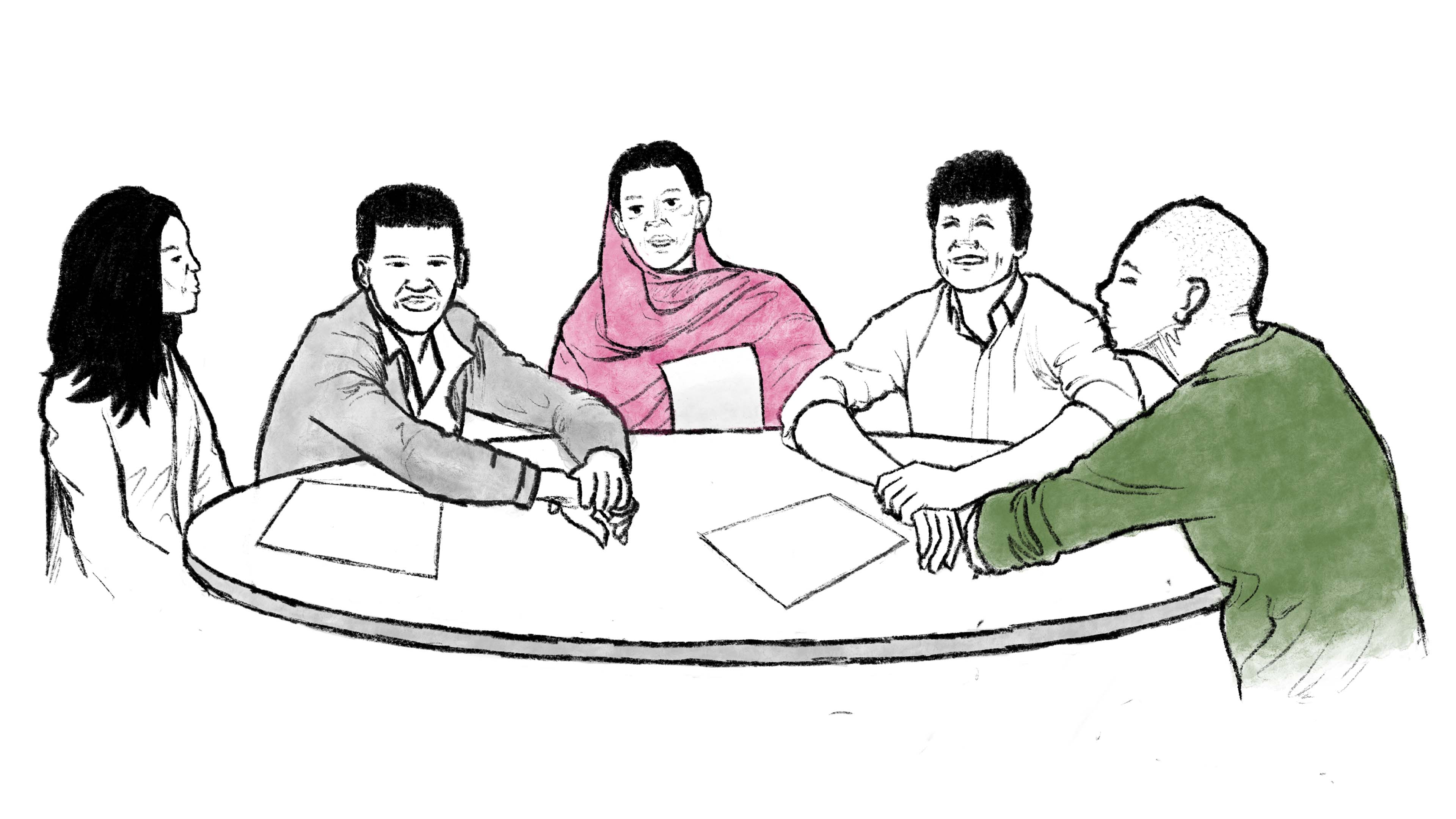ALTERNATIVE 2
You chose to advice the company to re-initiate stakeholder meetings in order to go through with the resettlements as planned.
Although you feel that it is important to have a culturally appropriate approach to the resettlement process, you also know that local leaders may not always be representative of the will of the communities, and may even be acting on self-interest. You also know that cash-only compensations often turn out to be problematic since land to purchase is scarce, which could lead to destroyed livelihoods and destitution. Earlier experiences have also indicated that households that are unused to cashflow economies may have issues handling the large sums of money that cash-only compensation would mean and that this significantly increases risks for financial ruin.
You decide to advice the company to hold new stakeholder meetings with the communities to share information about risks for negative impacts with cash-only compensation without livelihood restorations, and to negotiate the way forward for the original resettlement plan.
As dialogues are resumed with the affected communities it becomes clear that rumours and misinformation has spread among the affected communities. The company is accused of tricking the affected communities into resettling in polluted areas, and not giving them a fair compensation.
“Our chief has warned us of your trickery! You will send us to poisoned land” shouted one aggravated elderly man.
You, as a representative of ESCA and mediator in the talks, quickly step in. You show the people documentation of all the soil and water samples that have been taken in the resettlements, and explain that the land is safe and of good quality. This reassures most people. The rest of the meeting bring good dialogue on the difficulties with cash compensation, and the benefits of livelihood restauration in resettlements. At the end, most people decide to be resettled as previously agreed.
A few people still insist on receiving cash compensation. They explain that this is the most suitable option for them, as their livelihood differs from most in the community by not being based on access to land, and they wish to move elsewhere to start up their small businesses again. The company agrees to arranging cash-only compensation for these households, and also offer them a complimentary short course in business management and household economy to decrease risks of negative outcomes. The new deal is heartedly agreed upon.
The relationship between the company and the community improves steadily as the resettlements and compensations are carried out. Any disagreements are settled peacefully with negation and mediating talks. Although the chief and headmen were initially upset that they were not made in charge of the compensation package, you finally manage to convince them that this is the best course of action for the well-being of the communities.




